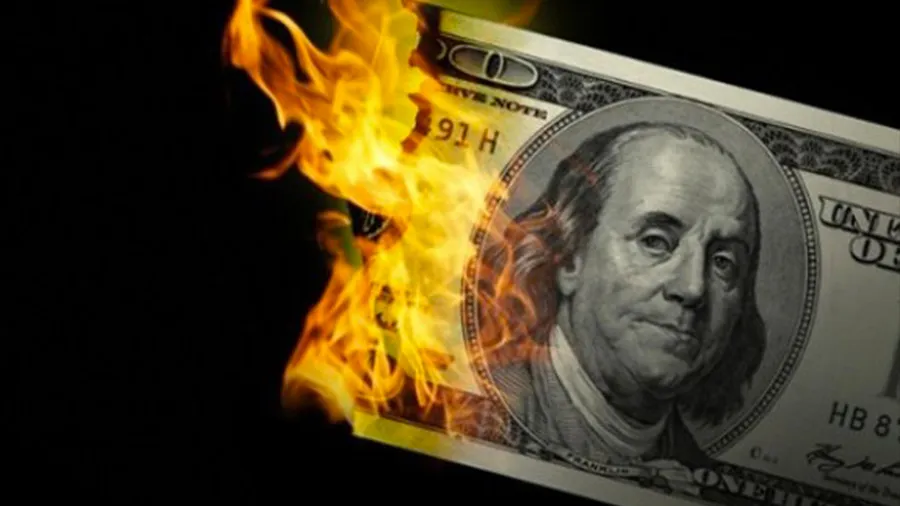
As the global superpower that I grew up with, America has dominated everything in my life. I’ve worked for American companies; I watch American movies; I use American tech for almost everything I do … in fact, as a Brit, I’m so American that the only thing I don’t do is pronounce a Z as a Zee.
In some ways it’s frustrating, as we created America. By we, I mean Britain. The old British Empire created America. Some years ago, I played a part in our local amateur theatre production of The Madness of King George. It is a great play and thoroughly enjoyed my moment talking about the King’s stool – I played the King’s doctor and was looking at his pooh! – but what’s that got to do with today?
Well, King George III was the King that went mad due to porphryia and, during his reign, lost control of the biggest colony. After that happened, that country became the world’s leading superpower and, after the end of the gold standard under the Bretton-Woods agreement, became the reserve currency of the world. Oh my gosh, I could talk about this for so long.
The thing is that, today, I don’t want to talk about it as, today, the dollar has cracks. Is the dollar losing its status as the reserve currency of the world? According to the IMF, US dollar reserves were 66% of global currencies a decade ago but now just under 60%. In even starker context, the dollar today represents just 58% of world reserve currencies, down from 73% in 2001. In real terms, this means that trillions of dollars have disappeared from the reserve systems of the world. Is the world de-dollarizing?
This is an interesting debate ni that, as we move towards a new world where the superpower is China or India or Brazil, we have to ask whether the world needs empires anymore?
The only reason the dollar was the reserve currency is because the USA dominated everything in the world. Today, the world is far more connected and integrated – regardless of fragmentations caused by pandemics and wars – and this means that a single country’s fiat currency is no longer the model. It may have been last century but, this century, we need a new model.
We need a model of money that is not dependent upon a single nation. A model of money that combines nations into a global currency. A model that creates a world of money. A model that embraces cryptocurrencies and fiat currencies. A world that brings CBDCs together with NFTs. A world that is both decentralised and centralised.
Whatever the outcome, we need a world that does not depend upon the US dollar, as that is defunct.
Oh, and just in case you think this is pure speculation:
A “de-dollarization” mania is gripping Washington and Wall Street. Wall Street analysts, corporations, policy wonks and others are trying to ascertain whether there is any real threat to the U.S. dollar’s standing as the dominant global currency, along with how changes in the international monetary system might impact markets and the U.S. economy.
Source: MarketWatch
European Central Bank (ECB) President Christine Lagarde has warned that the U.S. dollar’s reserve currency status “should no longer be taken for granted.” Acknowledging de-dollarization efforts by various countries, she stressed: “New trade patterns may have ramifications for payments and international currency reserves.”
Source: Bitcoin.com
Chris M Skinner
Chris Skinner is best known as an independent commentator on the financial markets through his blog, TheFinanser.com, as author of the bestselling book Digital Bank, and Chair of the European networking forum the Financial Services Club. He has been voted one of the most influential people in banking by The Financial Brand (as well as one of the best blogs), a FinTech Titan (Next Bank), one of the Fintech Leaders you need to follow (City AM, Deluxe and Jax Finance), as well as one of the Top 40 most influential people in financial technology by the Wall Street Journal's Financial News. To learn more click here...

